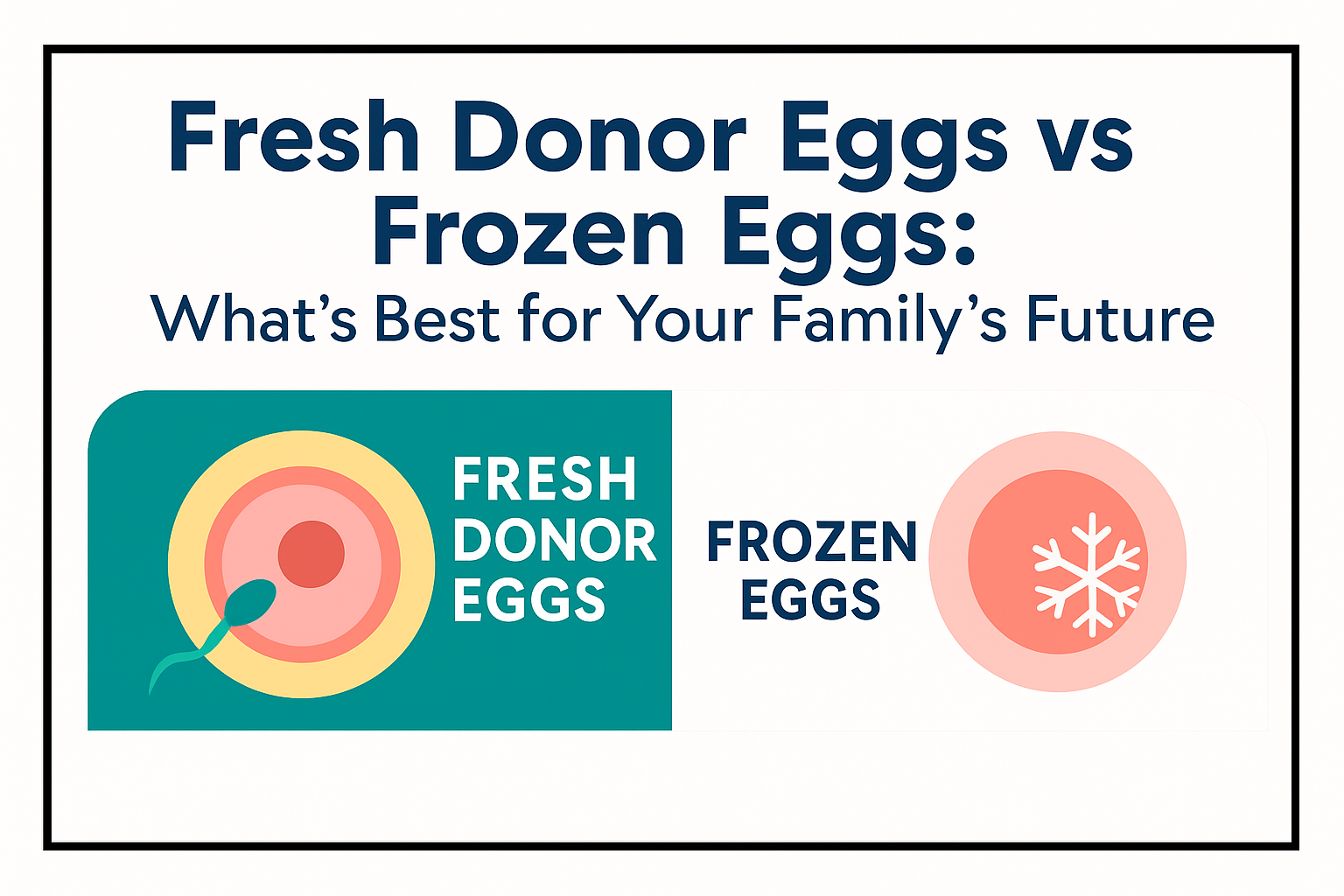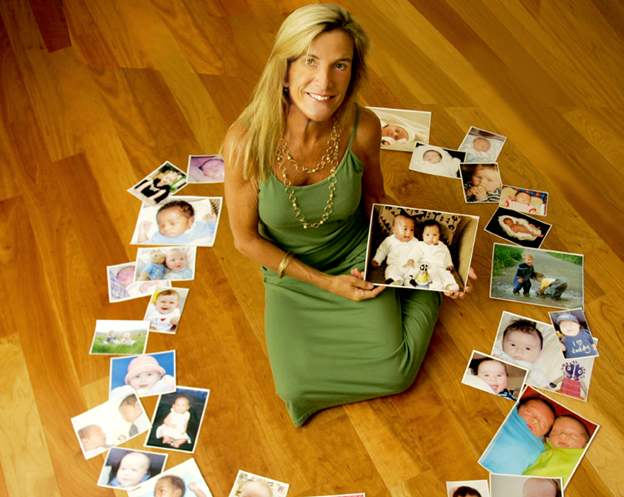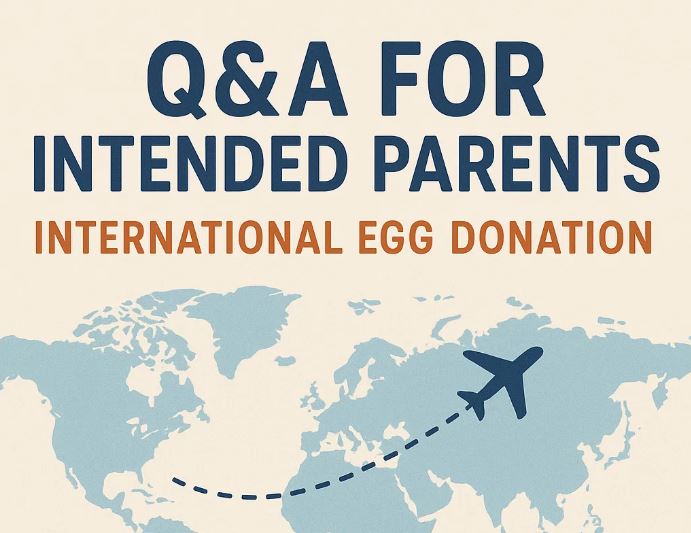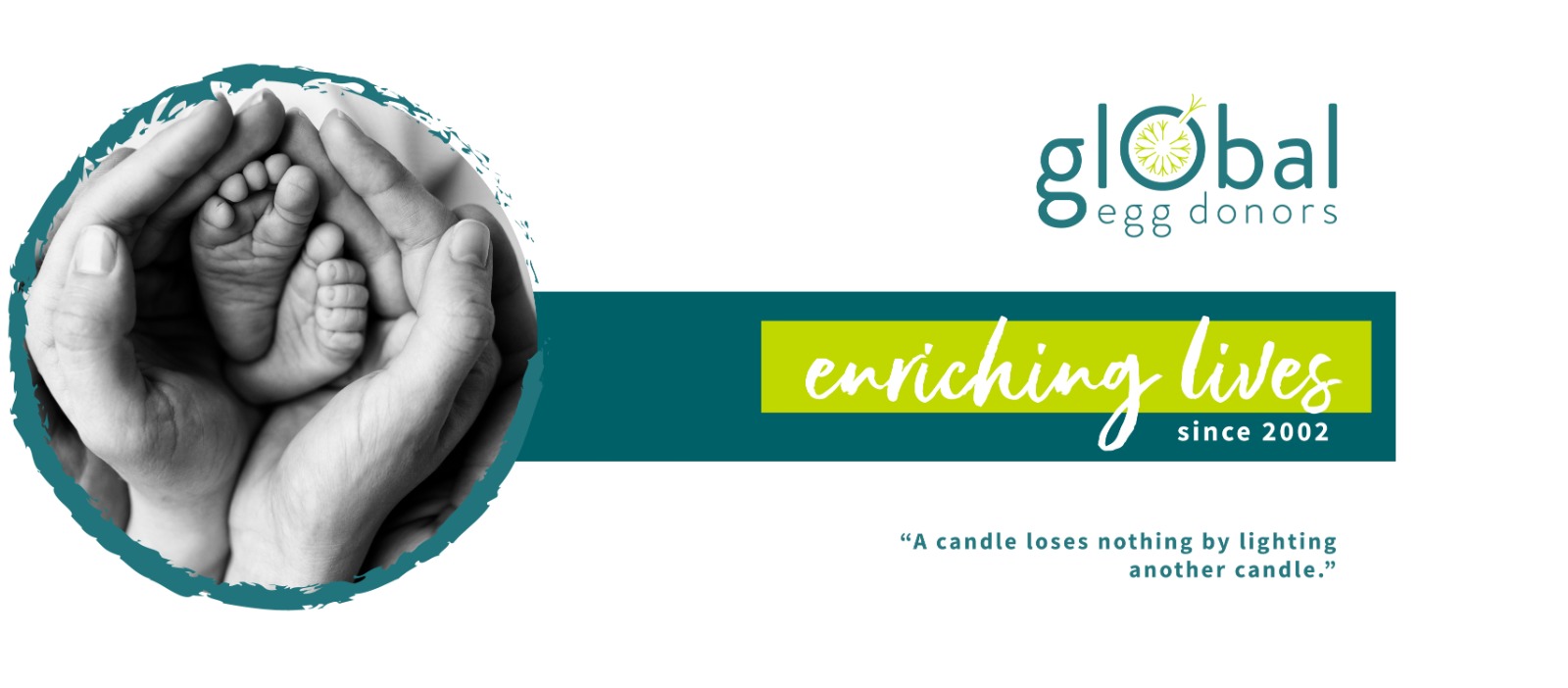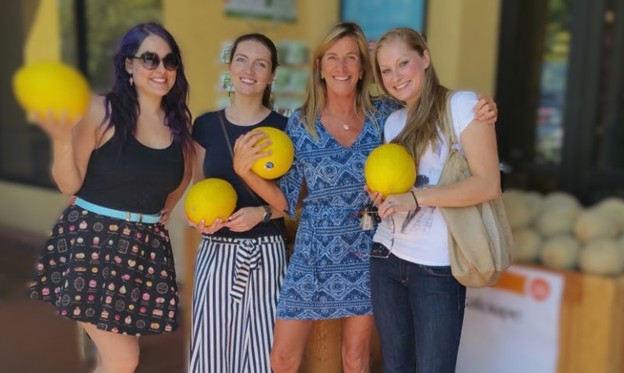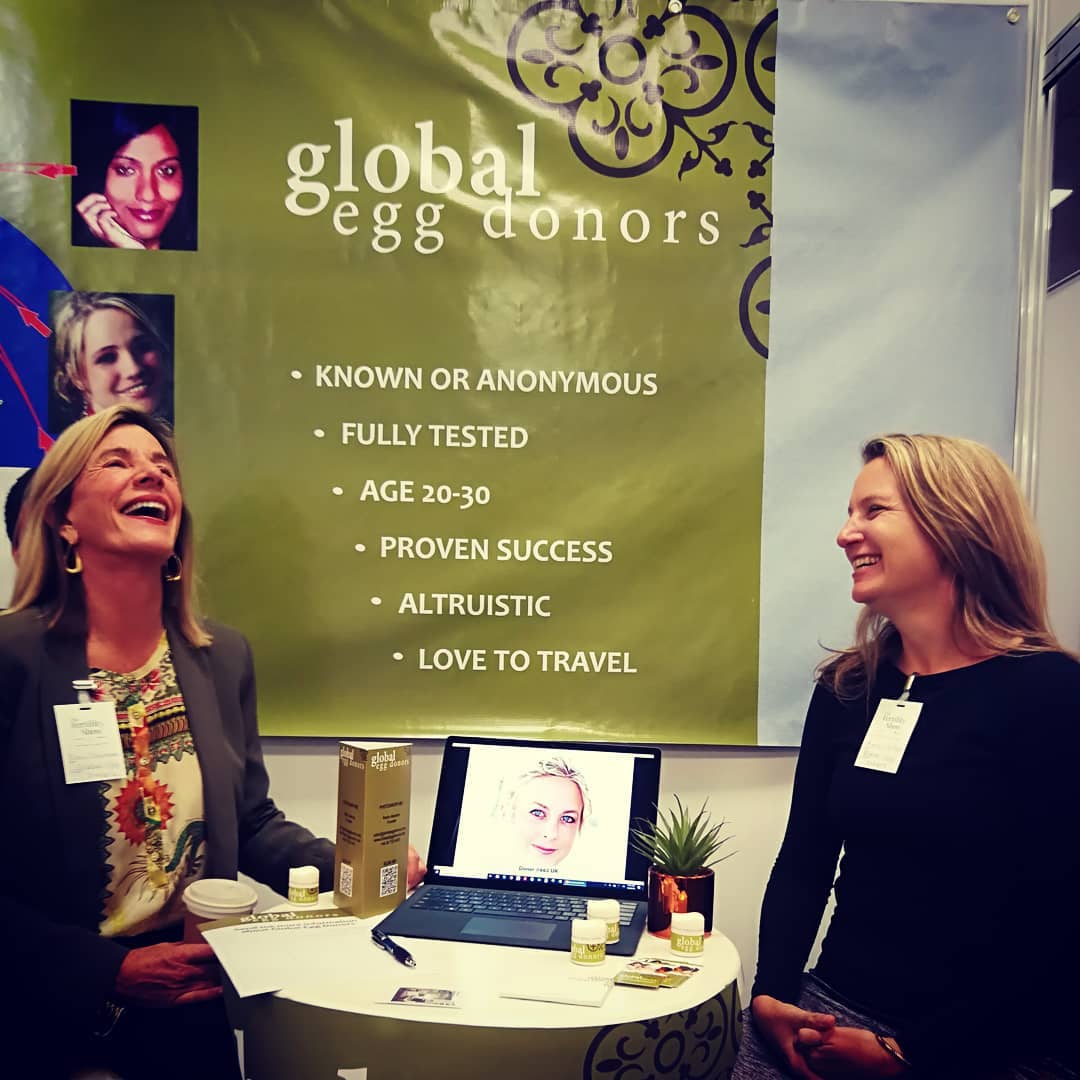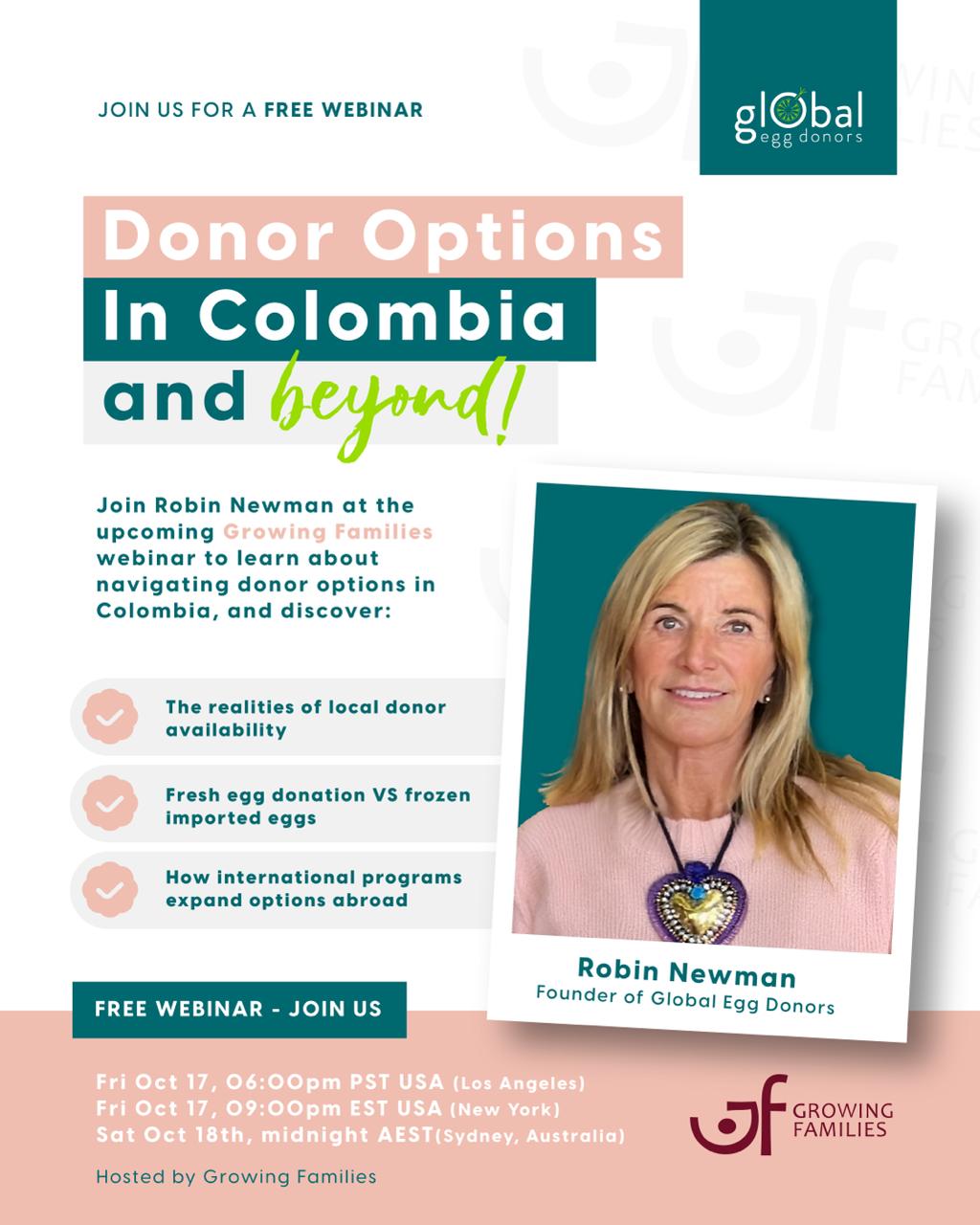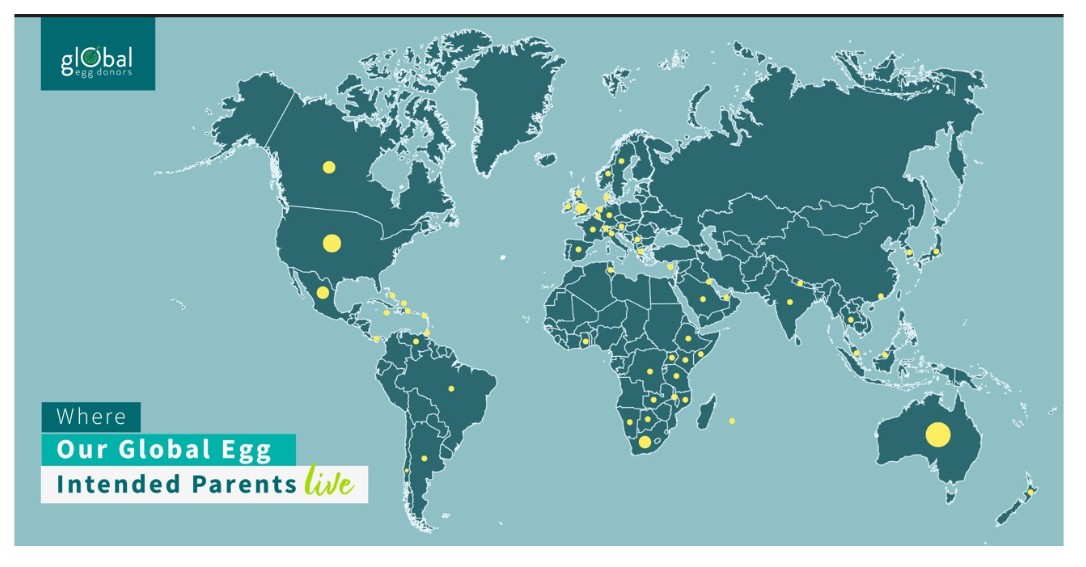Fresh Donor Eggs vs Frozen Eggs: What’s Best for Your Family’s Future?
Fresh
Donor Eggs vs Frozen Eggs: What’s Best for Your Family’s Future?
Choosing
the right path to parenthood is one of the most important decisions you’ll ever
make. For many intended parents, the choice between fresh donor eggs and frozen
donor eggs is not just about science — it’s about giving your future child the
very best start in life.
At Global
Egg Donors, our international program connects you with carefully screened
traveling egg donors who fly to your clinic for a fresh donation cycle. This
option consistently delivers higher success rates, more embryos, and the chance
to build a meaningful connection with your donor. Here’s what you need to know
when comparing fresh vs frozen eggs.
Success
Rates: Why Fresh Eggs Give You the Best Chance
- Fresh
eggs are retrieved and fertilized immediately, avoiding the quality loss
that can occur during freezing and thawing.
- A
typical fresh cycle produces ~20 mature eggs, compared to the 6–12 eggs
offered in a frozen batch.
- More
eggs mean more embryos, increasing your chances of a successful transfer,
future siblings, and long-term family planning.
- In
contrast, after thawing and genetic testing, frozen eggs often yield only
1–2 viable embryos.
- Reports
from Australian fertility nurses show frozen egg banks, such as World Egg
Bank, result in about a 40% live birth rate (2023), which is significantly
lower than fresh cycles.
Cost
Comparison: Fresh Eggs vs Frozen Eggs
- Fresh eggs (Global Egg Donors, 2025 example): ~20 mature eggs (on average) from one of our altruistic traveling donors to Australia = US $21,000.
- Frozen
eggs (World Egg Bank, 2025 example):
- Premium donor (10 eggs +
shipping) = US $37,000
- Standard donor (10 eggs +
shipping) = US $26,900
- Includes a one-embryo
guarantee, but fewer eggs and embryos overall. We also include a one-embryo guarantee
Timing:
Planning Your Cycle
- Fresh
Eggs: Choose any donor worldwide. Your clinic requests tests, and once the
donor is prepared, she travels for the cycle. Average timeline: 2–3
months.
- Frozen
Eggs:
- Premium donor (already
banked): 4–6 weeks.
- Non-premium donor: add 2–3
months for retrieval and freezing.
Fresh
cycles take slightly longer but deliver far better outcomes.
Donor
Connection: A Personal Touch
- With
fresh egg donation, your donor is a real person who travels to your
clinic. You may choose to have ongoing contact, updates, or even stay
connected for sibling cycles in the future.
- With
frozen eggs, the process is transactional. Donors remain anonymous, and
intended parents have no opportunity for communication.
For many
families, the option to know and connect with their donor adds priceless value.
Convenience
Without Compromise
At Global
Egg Donors, we handle every detail of the donor’s travel, accommodation, and
care, making the process smooth and stress-free. You focus on your journey to
parenthood — we’ll take care of the rest.
Why
Intended Parents Choose Fresh Eggs with Global Egg Donors
- Higher
success rates and more embryos per cycle
- Lower
overall cost per live birth compared to frozen eggs
- Ethical,
personalized support for both donors and intended parents
- Opportunities
for meaningful donor connection and future sibling planning
- International
egg donors who safely travel to your clinic for a fresh cycle
The Bottom
Line
When
choosing between fresh donor eggs vs frozen eggs, the difference is clear:
fresh egg donation with a traveling donor gives you more eggs, higher success
rates, lower costs, and the chance for a meaningful connection.
At Global
Egg Donors, we make international fresh egg donation abroad simple, supported,
and focused on your dream of building a family.
View
our donors: Donor List.
Book
a free consultation call: https://go.oncehub.com/ConsultGlobalEggDonors

